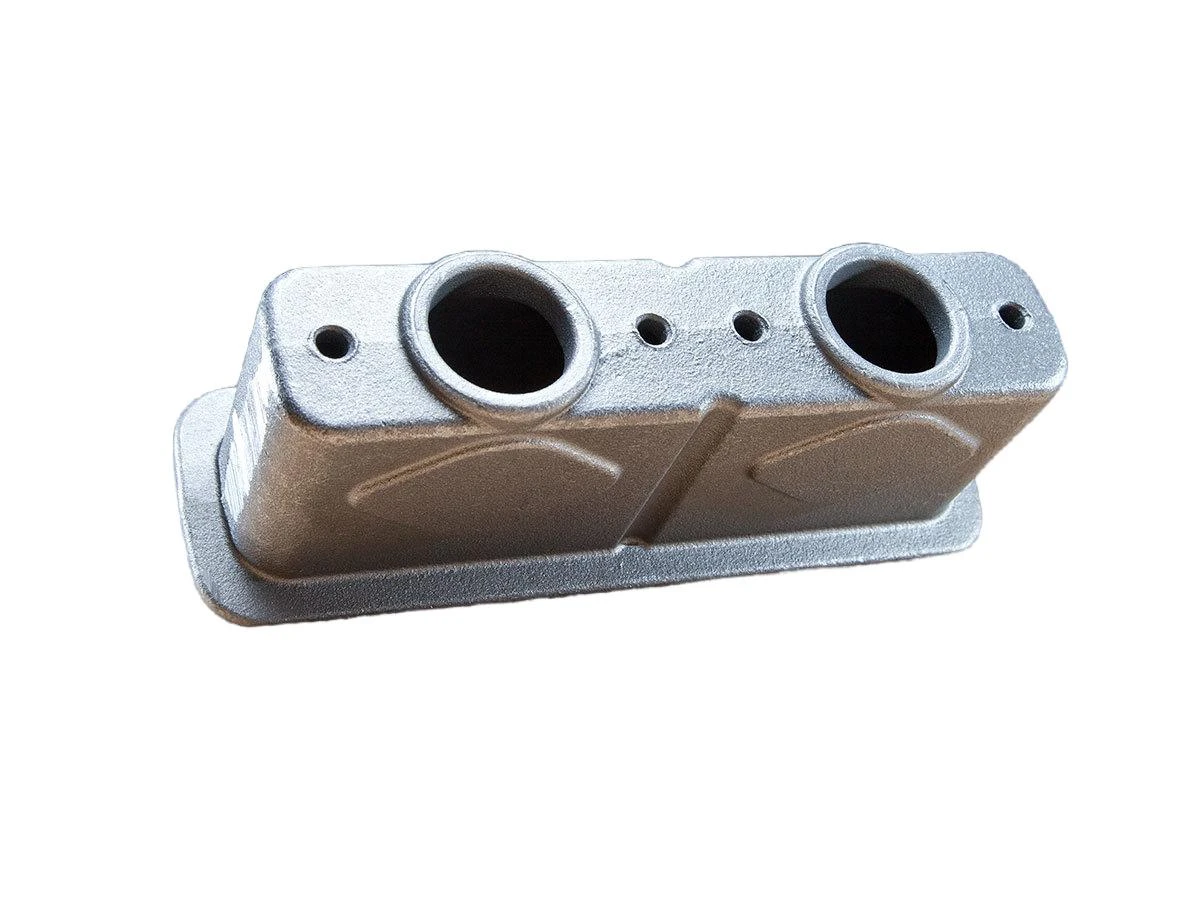Precision Steel Casting Techniques for Enhanced Performance and Durability in Industrial Applications
Precision Steel Casting The Art and Science of Metal Manufacturing
Precision steel casting has emerged as a cutting-edge technique in the metal manufacturing industry, combining advanced technology with artistic craftsmanship. This method enables the production of complex shapes and components that meet stringent specifications, making it invaluable across various sectors, including aerospace, automotive, and machinery industries. In this article, we will explore the intricacies of precision steel casting, its benefits, applications, and the future of this innovative manufacturing process.
Understanding Precision Steel Casting
Precision steel casting is a process that involves pouring molten steel into molds to create parts with high dimensional accuracy and intricate designs. Unlike traditional casting methods, precision casting utilizes advanced techniques such as investment casting, lost foam casting, and ceramic shell casting. These methods allow for tighter tolerances, reducing the need for extensive machining and finishing, thus saving time and resources.
The core advantage of precision steel casting lies in its ability to produce complex geometries that are often impossible or economically unfeasible to achieve with other manufacturing methods. The molds used in precision casting can be crafted with great detail, allowing for the creation of parts with delicate features, intricate patterns, and smooth surface finishes.
Benefits of Precision Steel Casting
1. High Precision and Tolerance One of the most significant benefits of precision steel casting is its ability to achieve exceptional dimensional accuracy. This precision is critical in industries like aerospace, where even slight variations can compromise safety and performance.
2. Material Efficiency With precision casting, the amount of waste material is significantly reduced. The molds are designed to minimize excess material, leading to more sustainable manufacturing practices.
3. Versatility Precision steel casting can be used to create an array of shapes and sizes, ranging from small intricate components to larger structural parts. This versatility allows manufacturers to cater to a wide range of industries and applications.
4. Enhanced Mechanical Properties The casting process can enhance the mechanical properties of steel, such as tensile strength and fatigue resistance. This is particularly important in sectors where components must withstand extreme conditions.
precision steel casting

5. Cost-Effectiveness While the initial setup for precision casting might be higher compared to traditional methods, the overall cost may be lower in the long run due to reduced material waste, minimized machining, and faster production times.
Applications of Precision Steel Casting
The applications of precision steel casting are vast and varied. In the aerospace industry, precision-cast components such as turbine blades and structural parts are critical for aircraft performance and safety. In the automotive sector, precision casting is used for producing engine components, transmission parts, and other critical elements that demand high reliability and durability.
Additionally, precision steel casting plays a significant role in manufacturing medical devices, agricultural equipment, and tools. The ability to create custom parts with high precision makes it a preferred choice for prototyping and small-batch production.
The Future of Precision Steel Casting
As industries continue to evolve and demand more complex and reliable components, the future of precision steel casting looks promising. Advancements in technology, such as 3D printing and additive manufacturing, are expected to complement traditional casting methods, leading to faster prototyping and more personalized solutions.
Moreover, the integration of digital technologies, such as computer-aided design (CAD) and simulation software, will enhance the precision and efficiency of the casting process. These innovations will enable manufacturers to optimize designs before production, reducing the likelihood of defects and ensuring quality.
Conclusion
Precision steel casting is a fascinating blend of artistry and engineering that continues to shape the landscape of manufacturing. Its ability to produce high-precision, complex components efficiently makes it a vital technique in numerous industries. As technology advances, the capabilities and applications of precision steel casting are likely to expand, driving innovation and setting new standards in the manufacturing world. With its numerous benefits and growing relevance, precision steel casting will undoubtedly remain at the forefront of modern metalworking.
-
Crawler Mounted Drill Rig-Baoding Hairun Machinery And Equipment Trading Co., Ltd.|Compressed Air Power&Frame SupportNewsAug.15,2025
-
Crawler Drilling Rig - Baoding Hairun|Confined Space Drilling&Mine SafetyNewsAug.15,2025
-
Drill For Confined Spaces-Crawler Mounted Drill Rig | Crawler Drill Rig for SaleNewsAug.15,2025
-
Premium OEM Auto Parts & Stamping - Reliable ManufacturersNewsAug.15,2025
-
Crawler Drilling Rig for Confined Spaces-Baoding Hairun MachineryNewsAug.15,2025
-
Drill For Confined Spaces - Baoding Hairun Machinery And Equipment Trading Co., Ltd.NewsAug.15,2025















